This is an excerpt of what I have been reading. Why I chose this set of books? Because they either inspire me, vibrantly resonate with my values, or I consider them a must-read.
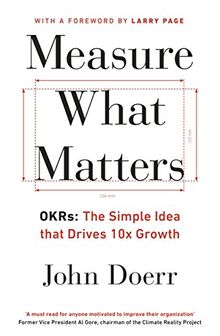
Measure What Matters – by John Doerr
With „Measure What Matters“, John Doerr gives each and everyone of us first row seats to how he sets companies he invested in up for success. OKRs are his tool of choice. John gives a look into his history with Andy Grove at Intel (Andy has been called the greatest manager of his or any other era), into the four superpowers of OKRs, and how to effectively deploy them at scale – tied to corporate goals as well as performance management.
Are you considering OKRs for your startup or small- or medium-sized enterprise? Go with „Radical Focus“ first. Are you considering OKRs for big business? Measure What Matters takes you through all the steps of proving their value at scale, as well as deploying them. It also includes Google’s OKR Guide for you to learn from.
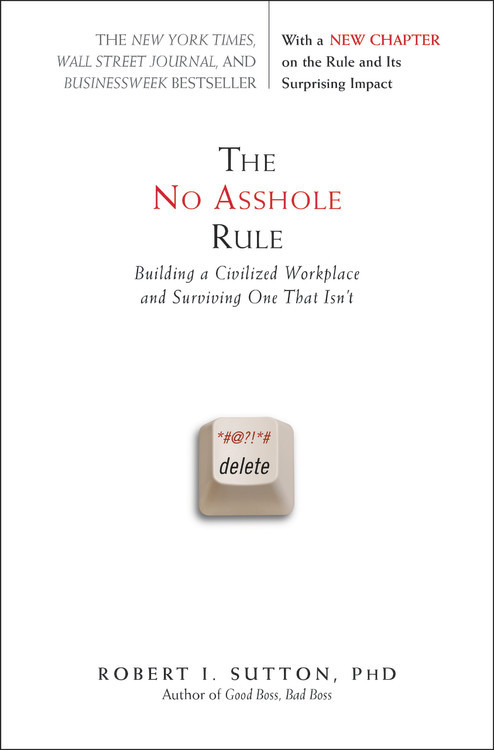
The No Asshole Rule – by Robert I. Sutton
In his book ‚The No Asshole Rule’, Robert I. Sutton highlights the difference between temporary and flaming assholes, how to spot and survive them and how we need to acknowledge that every one of us is an asshole sometimes. It is direct in its language and fun to read, as the examples he so pictorially describes relate to almost everyone of us. I bet you too have experienced quite a lot of them.
There may not be a revolutionary insight in this book for those who reflect on corporate culture anyway. But it deservably is a best-selling book, Sutton wrote after posting one of Harvard Business Review’s most engaging articles on this topic. – And for those who look to make a change: There is a self-test included to explore your degree of flaming assholeness 😉
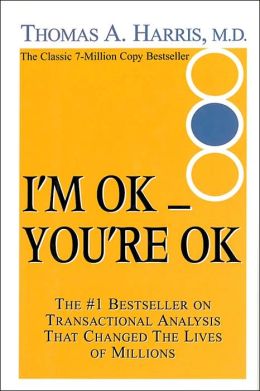
I’m OK, You’re OK – by Thomas A. Harris, M.D.
I turned to this book to learn being better at repartee, hoping transactional analysis will help me analyse interactions quicker. Partly, to have fun with it, but also to better handle intimidating creeps that may hijack a meeting. “I’m OK, You’re OK” turned out to give me even more: Transactional analysis is build around P-A-C (Parent, Adult, Child), the idea that in individual there is a child (calling emotional reactions), a parent (calling doctrinal reactions), and an adult that is able to reflect on new data and keep P and C in check. With this in mind, Harris digs through a vast amount of real-life examples of conversations, that may happen throughout our life, and why we react the way we do.
This book is way more than just a classic on one psychological topic: It inspires my thinking on both how I interact with people, and what to look out for when raising my children. “I’m OK, You’re OK” may just be the most defining book I have read when looking at my future. It was good though, that I read Outliers before this: This way I have been way more receptive for Harris’ ideas and suggestions.
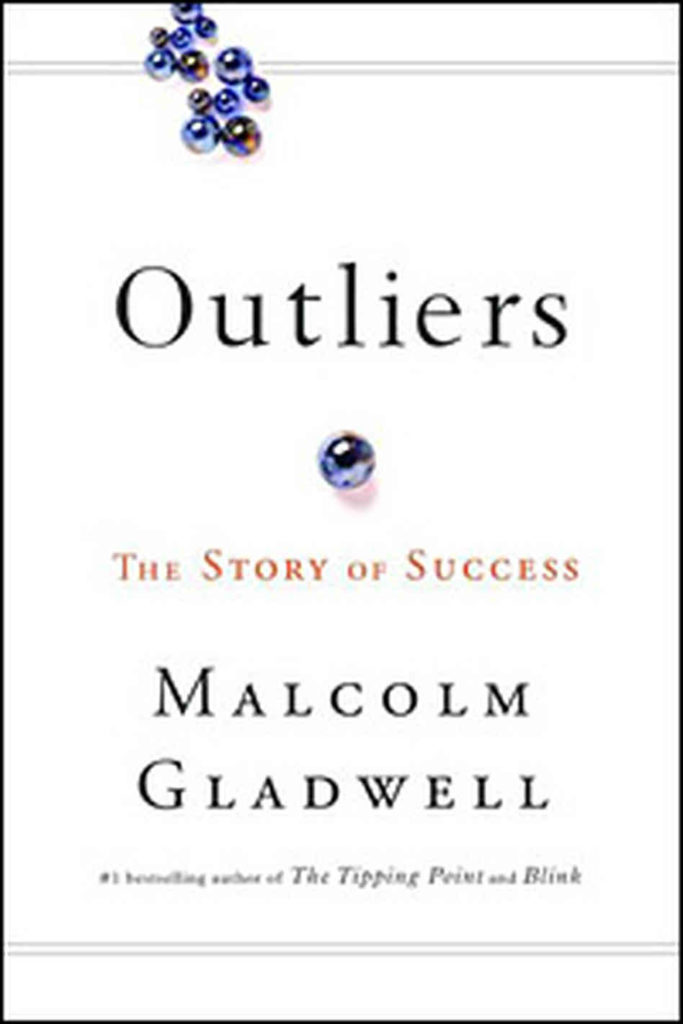
Outliers – by Malcolm Gladwell
You think you and only you are the recipe for your success? Well, think twice. After Harry Potter, very few books kept me up at night or rise early to read. With Outliers, Malcolm Gladwell lit that fire in me again.
Dismantling why over 70% of several elite sports team athletes have been born from January to March and how the successes of Bill Gates and Steve Jobs and Bill Joy were greatly driven by pure opportunity based on their date of birth and where they have been born, Malcolm Gladwell accomplished to humble me. Big time.
This book is a should-most-definitely-read for every person caught with their own excellence. If you are such a person: read Outliers. If you know someone who could use some humbling: Gift them this book.
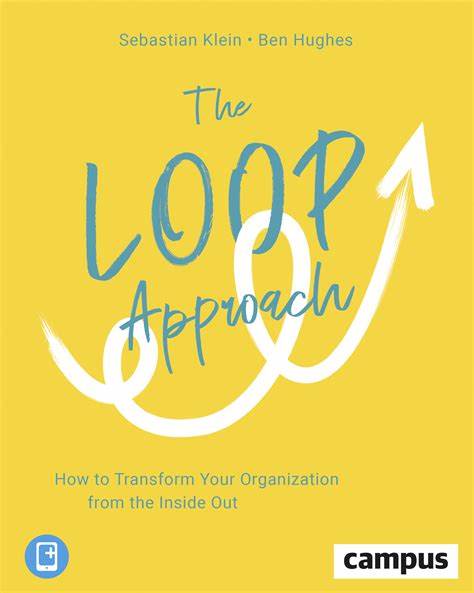
The Loop Approach – by Sebastian Klein and Ben Hughes
Steadily realising change from within an organisation is hard. That is why organisations hire external change and transformation consultants to help them. Klein and Hughes are such consultants. The two distilled and bottled a finely aged approach, ready to deploy “New Work” to your organisation. They cover a ‘Loop Mindset’, the Loop itself (where the magic happens) as well as additional program stream to manage the transformation.
A trained and experienced Systemic Coach will recognise many methodologies Klein and Hughes combined. What is new to me is the comprehensiveness and adaptability of the Loop Approach. I recommend this book for everyone who has worked in classical Change Management or Organisational Development, who are looking to up their game and enable an organisation to continuously improve themselves.
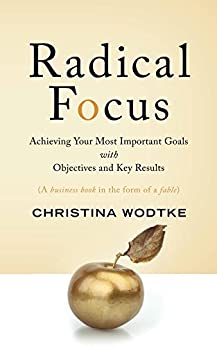
Radical Focus – by Christina Wodtke
This is the story of Hanna and Jack starting a Silicon Valley-startup to revolutionise how people experience Tea. Christina takes us through their first days, their relationshop with their investor and mentor, first real struggles, and how – just as they lost their biggest contract – their investor introduces them to OKRs. Lucky them, he also had an experienced CTO with a proven track-record handy, that could help them get back on track.
If you look for a fun and easy way to take your first steps with Objectives and Key Results (OKRs), Radical Focus is the right book for you. I ran through it in under a day. It is fun and practical – and an amazingly visual guide for startups and small companies to adopt the productivity tool OKRs. For larger organisations, I recommend “Measure What Matters” by John Doerr.